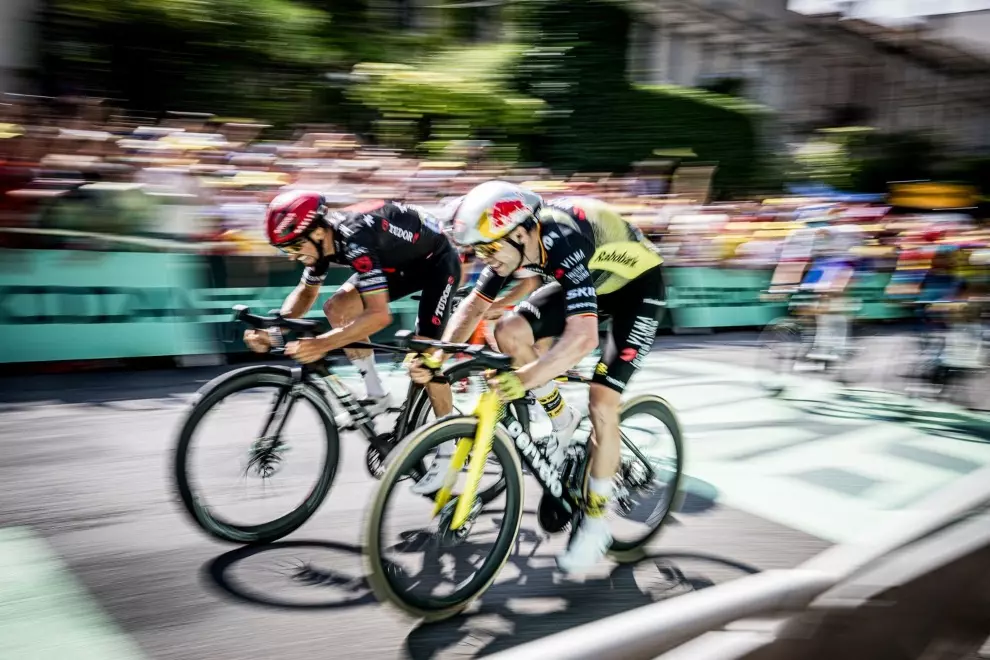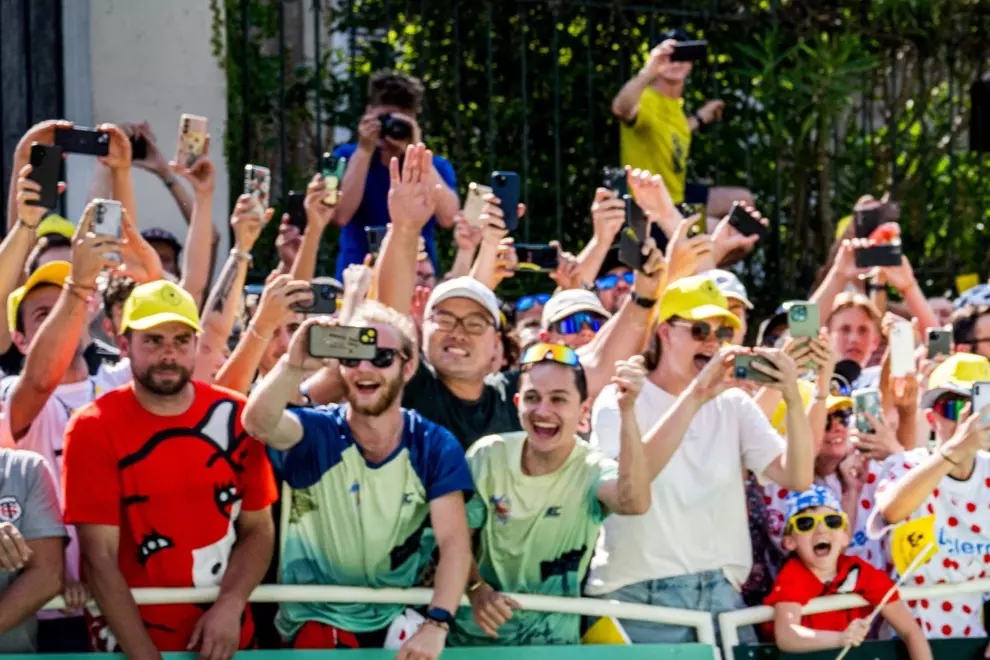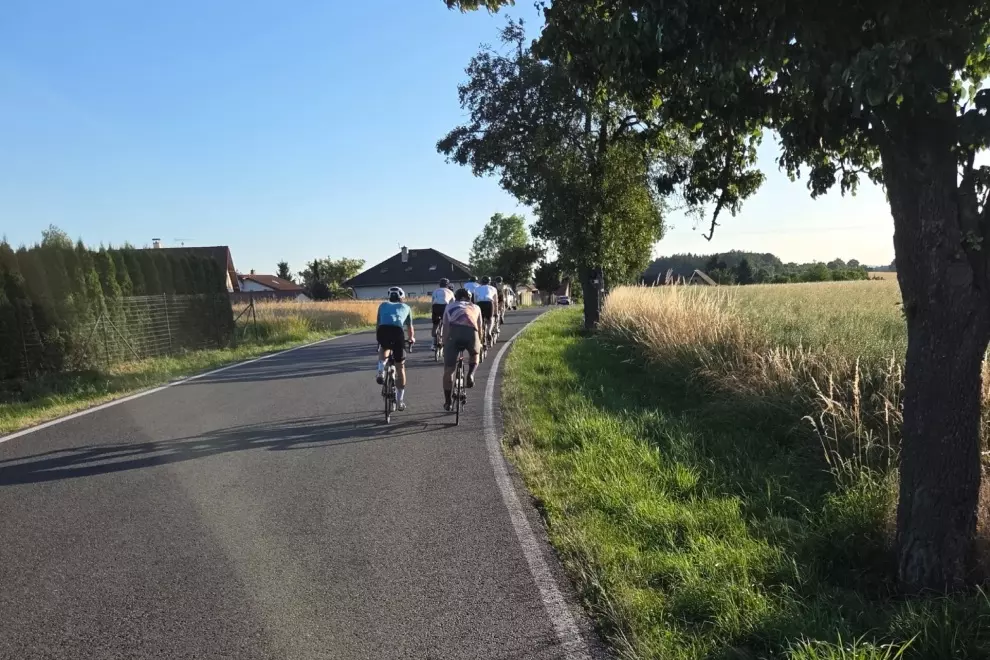Cycling is very popular in Israel, which hosted the Grand Depart of the 2018 Giro d’Italia. The Israel Cycling Federation has 74 clubs, 14 of which are located in Arab towns and villages. One of these, Shfaram Riders based in the Arab city of Shfaram in northern Israel, is one of the largest with 139 licensed riders.
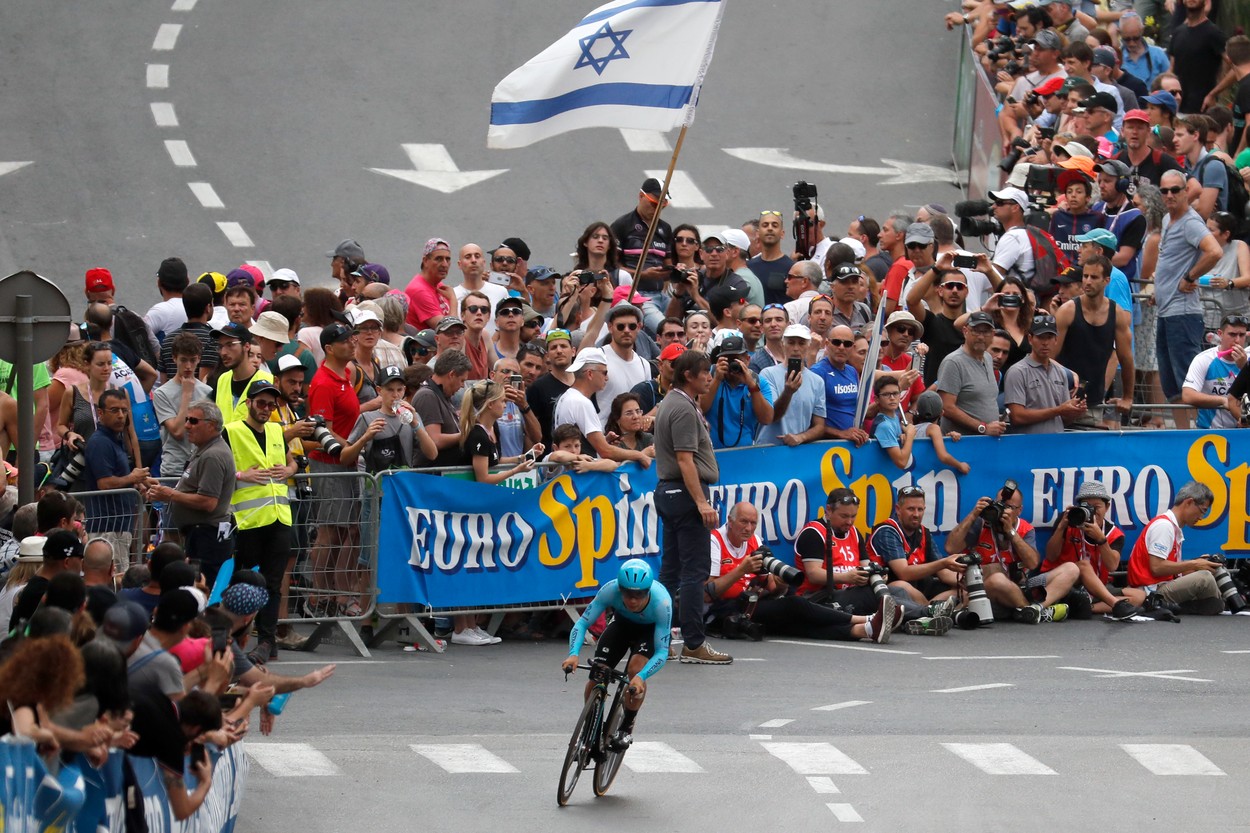
Shfaram Rider recently became the first club based in an Arab city to be awarded the right to host an Israeli National Championship, the 2020 Mountain bike XCO National Championships. The competition is scheduled for June 5 but is likely to be postponed because of the Covid-19 pandemic.
In addition, Israel’s national men’s road team includes a number of Arab cyclists. One of them, 20-year-old Saned abu Fares from the Druze town of Dalyat al Carmel, is a member of the UCI Continental Team Israel Cycling Academy. Two years ago, he finished second in both the U23 Israel National Championship one-day time trial and also second in that years U23 Road Race Championship.
On a more popular level, the Israeli Cycling Federation has reached out to Palestinian cyclists living in the Palestinian Territories and invited them to participate in cycling for all events.
And then there is the Gino Bartali Youth Leadership School, located within the respected Ben Shemen Youth Village, which counts among its graduates the late Israeli prime minister and Nobel Peace Prize winner Shimon Peres.
The Youth Leadership School is named after the legendary Italian road racer who won the Giro three times and the Tour de France twice – and is the only cyclist to have won both races before and after World War II.
In 2013, 13 years after his death, Bartali was recognized by the Yad Vashem Holocaust memorial as a “Righteous Among the Nations” for his efforts to protect Italy’s Jews from persecution during the war. Among other things, Bartali hid a Jewish family in his cellar during the war and smuggled documents, hidden inside his bicycle tubes, to the Italian resistance.
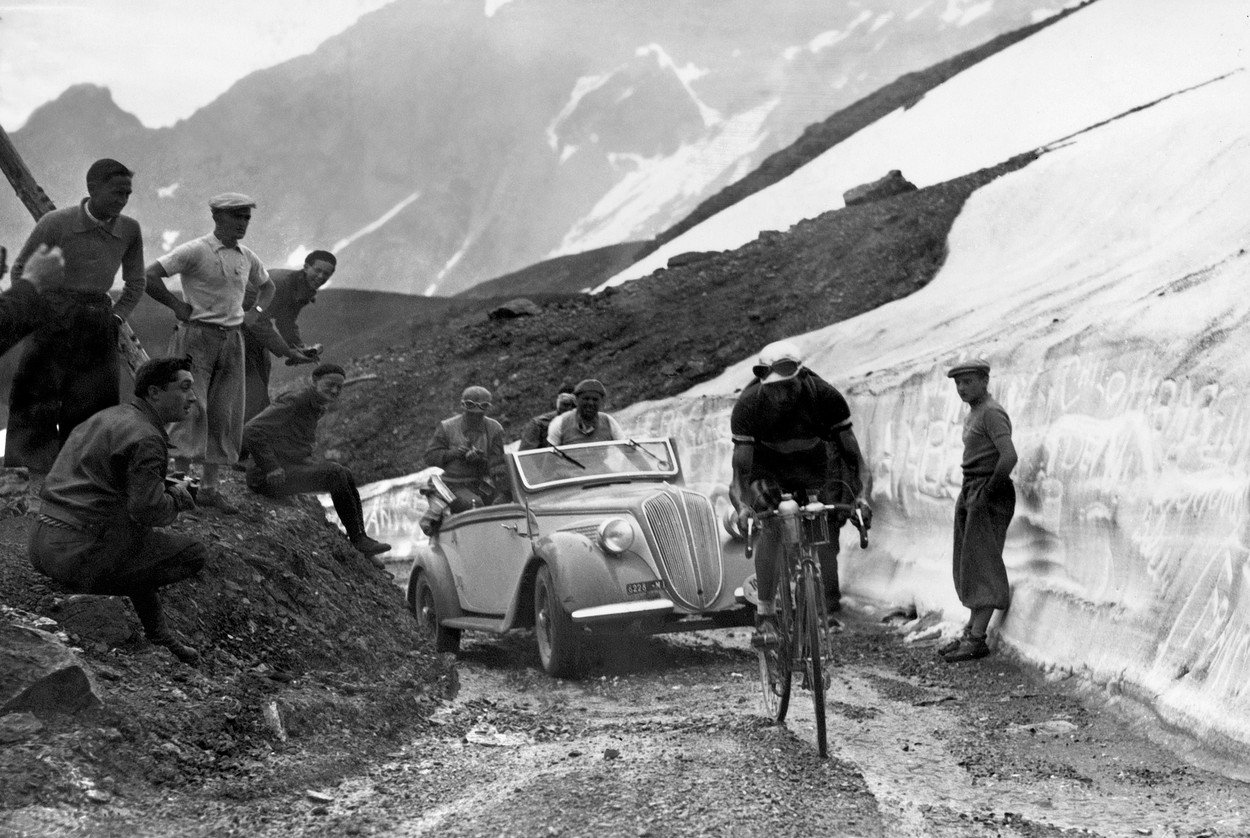
No better model could be found for a school that takes youths “who come from different social backgrounds and speak different languages, to live under the same roof as part of our goal of bridging social gaps.”
The students at the Gino Bartali Youth Leadership School “learn powerful tools for multicultural pluralism, respect, understanding, and non-violent conflict resolution in society.” They also do a lot of cycling.
First of all, they receive all the necessary equipment and professional coaching for mountain bike, cyclo-cross, track and road racing. Their program consists of MTB and CX 4 times a week, gym 2 times a week, track and road training once a week each and 15 races and training camps around Israel during the season. Gino Bartali would have been proud.
All this may sound like small potatoes compared to the larger issues that continue to separate the two peoples. But intolerance and mistrust are really nothing more than chronic habits. The bike can play an important role in changing these habits for the coming generations.

